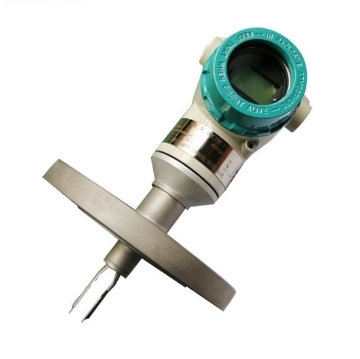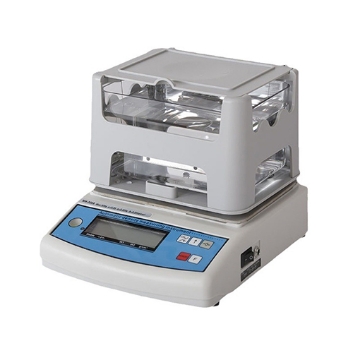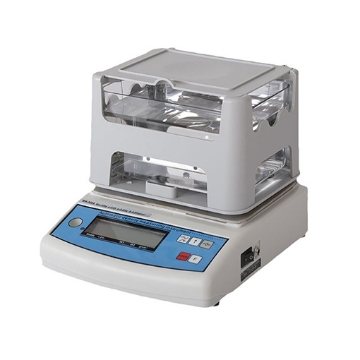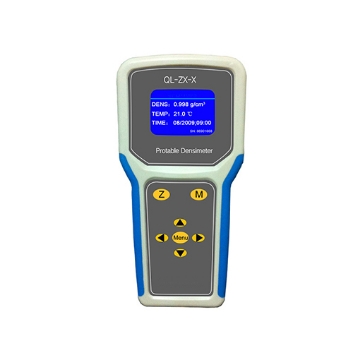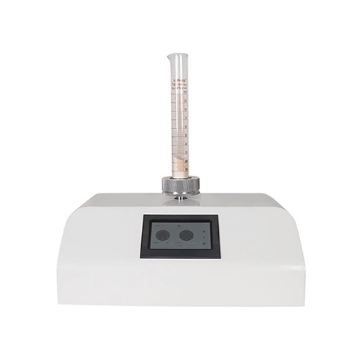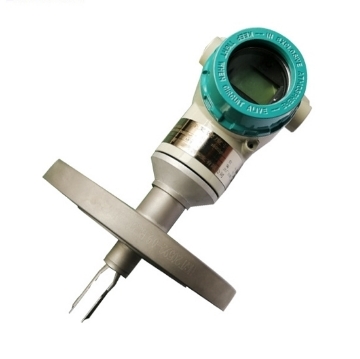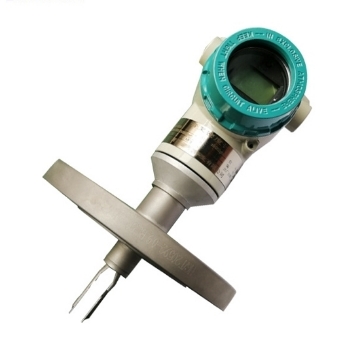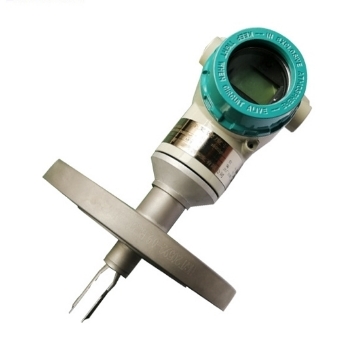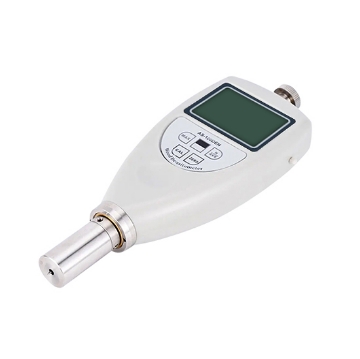Density Meters
Tuning Fork Density Meter for Liquids, Digital Type
Benchtop Density Meter for Solids, 0.01-300g
Digital Benchtop Density Meter for Solids, 0.01-600g
Portable Online Density Meter for Liquids
Tap Density Meter for Soil/Paint
Tuning Fork Density Meter for Acid Base, Digital Type
Tuning Fork Density Meter for Oil, Digital Type
Tuning Fork Density Meter for Chemical, Digital Type
Handheld Digital Density Meter For Wood, 0.01g/cm³-1.2g/cm³
The density meter is a state-of-the-art instrument designed for accurate and efficient measurement of liquid, solids, oil and other material densities across various industries. With its combination of advanced features, high accuracy, and user-friendly design, the Density Meter is the perfect solution for precise density measurements across a wide range of applications.
In order to meet your needs, SISCO offers kinds of density meters including benchtop density meter, tap density meter, wood density meter, portable online density meter and tuning fork. The electronic densimeter equipped with advanced technology and user-friendly features, this device ensures reliable and precise results, making it an essential tool for laboratories, production facilities, and field applications.
What Factors Can Influence the Accuracy of a Density Meter Reading?
Density meter accuracy can be influenced by several factors, primarily related to the device itself and the measurement conditions. Calibration is essential for accurate readings; incorrect or outdated calibration can lead to significant errors. The instrument's resolution and precision also play a crucial role, as low-resolution devices may not detect small density variations. Temperature variations significantly impact density measurements since most substances change density with temperature. Therefore, temperature compensation is necessary to correct readings. Moreover, pressure fluctuations can affect density measurements, such in liquids, requiring pressure correction mechanisms. The presence of air bubbles, suspended particles, or impurities in the sample can lead to erroneous readings, as they alter the sample's actual density.
And then, environmental factors, such as vibration or external electromagnetic interference, can also affect the accuracy of density meters, especially sensitive ones. The sample's physical state (liquid or solid) and its homogeneity are crucial. For instance, heterogeneous mixtures or emulsions may give inconsistent results. Sample viscosity can also be problematic, as highly viscous fluids may not flow properly through the measuring cell, causing inaccurate density determination.Proper sample handling and preparation minimize errors related to contamination or inconsistencies. Lastly, operator errors, such as improper sample loading or incorrect parameter settings, can affect accuracy. To ensure reliable results, it is vital to follow the manufacturer's guidelines, maintain regular calibration, and conduct routine maintenance.
What are the Advantages of Using Digital Density Meter?
- High Precision and Accuracy. Digital density meters are designed to provide highly precise and accurate measurements, often with very small error margins. This is particularly important in industries such as pharmaceuticals, chemicals, and food production, where exact density measurements are critical.
- Quick Results. These devices can provide density readings in a very short amount of time, often within minutes. This can greatly improve productivity in laboratories and manufacturing processes where time is critical.
- Portability. Many digital density meters are designed to be portable, allowing for on-site measurements, which is useful for field testing or when laboratory-based testing is not possible.
- Ease of Use. Digital density meters typically come with user-friendly interfaces, making them easy to operate even for individuals with limited technical knowledge.
- Versatility. Digital density meters can be used for a variety of substances, including digital density meter for solid, digital density meter for liquid, digital density meter for wood, in various industries such as petrochemical, food, beverage, environmental testing, and pharmaceuticals.
- Low Maintenance. Unlike traditional methods that may involve complicated mechanical parts or require frequent manual cleaning, digital density meters are typically easy to maintain and clean.

